Alcohol History Links August 26 - September 2 |
| Unfortunately, this beer was probably not meant for daily consumption, but more for medicinal reasons, given that it was from a medicinal text. Mint was said to aid in digestion, so it would cancel beer’s harmful effects on the stomach. Wild celery could refer to five different plants. Excluding the ones from Asia, it could either be Lovage, Celery, or Garden Angelica. The latter two were commonly used for medicine. At the same time this was medical advice for proper diet. So it may not have necessarily been solely for ailments. I will have to do some research into the use of rye bread in brewing in the Middle Age. Was this a common homebrew method of the time? If so, what was the general process? Or was this a mistranslation, or possibly a misconception of the brewing process? |
I’m a fan of rye beers, and honestly, I could see a mint / celery combination being pretty tasty, albeit a hard one to nail down. I really need to get my home brewery up and running, so I can give this a try.
Resources
Scully, D. Eleanor, and Terence Scully. Early French cookery: sources, history, original recipes and modern adaptations. University of Michigan Press, 2002.
Alcohol History Links June 18 - 24th
Su Puta
Let's Brew 1891 Barclay Perkins KK
Ancient Wine & Beer Experiment - Research Documentary
William Penn’s Wife’s 342-Year-Old Cider Recipe Sees New Light
Alcohol history links june 11 - 17th
I Tried a Medieval Diet, And I Didn't Even Get That Drunk
lauter and sparge
London’s earliest named brewer – or London’s earliest named maltster?
Peruvian beers win medals at South Beer Cup
World's oldest beer brought back to life, scientists claim
Everything Old is Brewed Again
Nice to see that historically inspired beers are starting to get traction. If there’s one thing I learned during my MSc, its that beer can be much more than barley, hops, and S. cerevisiae. Hopefully in the coming years, such beers become more prevalent. [Gastropod]
Prehistoric wine-making at Dikili Tash (Northern Greece): Integrating residue analysis and archaeobotany
Now this one isn’t as fresh off the press (being public since May 31st), but I only found out about it the other day. I’ll have to do a proper sit down and do a thorough read-through, as it’s very interesting. Seems like Garnier and Valamoti discovered some Neolithic winemaking from around 4300 BCE in Greece. Pretty big claim as it would provide the earliest evidence for winemaking in the Eastern Mediterranean and Europe. [Science Direct]
Piniavos
Lars continues his travels through Lithuania. This time he stops off at the Piniavos brewery, an old - granted it uses modern equipment - farmhouse brewery. Some really interesting brewing methods here, like using raspberry stems and a two wort blending technique. [Larsblog]
Dark Mild
Some musings on the Dark Mild, which interestingly wasnt used much before WWII. Reading this makes me wish I still lived in England. A mild would really hit the spot right about now. [Barklay Perkins]
Anyway, the Egyptian word for beer was hqt (heqet), and the names Egyptians gave to their types of hqt were pretty cool. Some early sources from the Pyramid Texts - religious texts from Old Kingdom era Egypt - call out a few beers. These are: dark beer, iron beer, hes-beer (garnished), and the beer of Nubia.
A few beers that are particularly interesting are the beer of truth, beer which does not sour, and beer of eternity. The beer of truth, also called the beer of the goddess Maat, was designated for the 12 gods who guarded the shrine of Osiris. These latter two beers are assumed to have an extended shelf life, given their names. How old school Egyptian brewers were able to do so, I have no idea. It is some feat to get a beer to preserve given that the Egyptians (seemingly) had no means to protect their beer from microbial attack. Maybe they had plants with the same preservative powers as hops, or maybe they upped alcohol content by adding dates...but who knows.
Jordan Rex
Beer archaeologist
From California, migrated to the UK to study, drank in Berlin, now settled in Switzerland
@timelytipple
instagram.com/timelytipple/
Untappd: Tikiwartooth
Archives
November 2017
October 2017
September 2017
August 2017
July 2017
June 2017
May 2017
April 2017
March 2017
February 2017
January 2017
December 2016
November 2016
October 2016
September 2016
August 2016
July 2016
June 2016
Categories
All
About Me
American Beer History
Beer Links
Book Review
Brewing Archaeology
Egyptian Beer
Experimental Brewing
Greco Roman Brewing
Gruit
Interview
Medieval Europe
Nordic Farmhouse
Observations
Poland
Raw Ale
Rye Beer
The Session

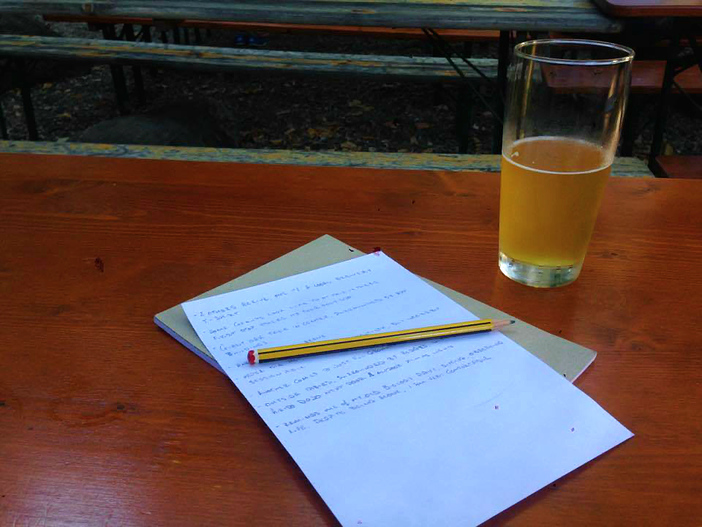
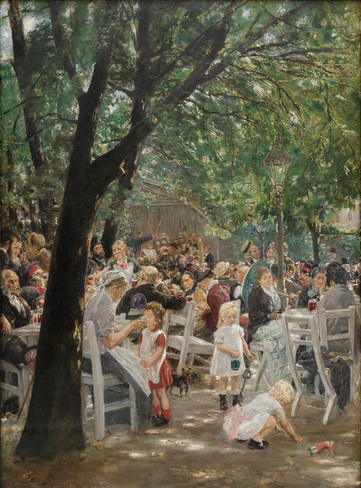



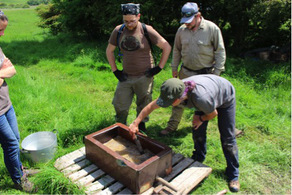
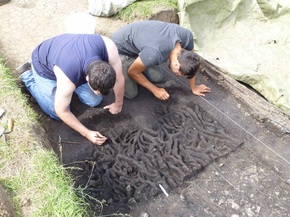
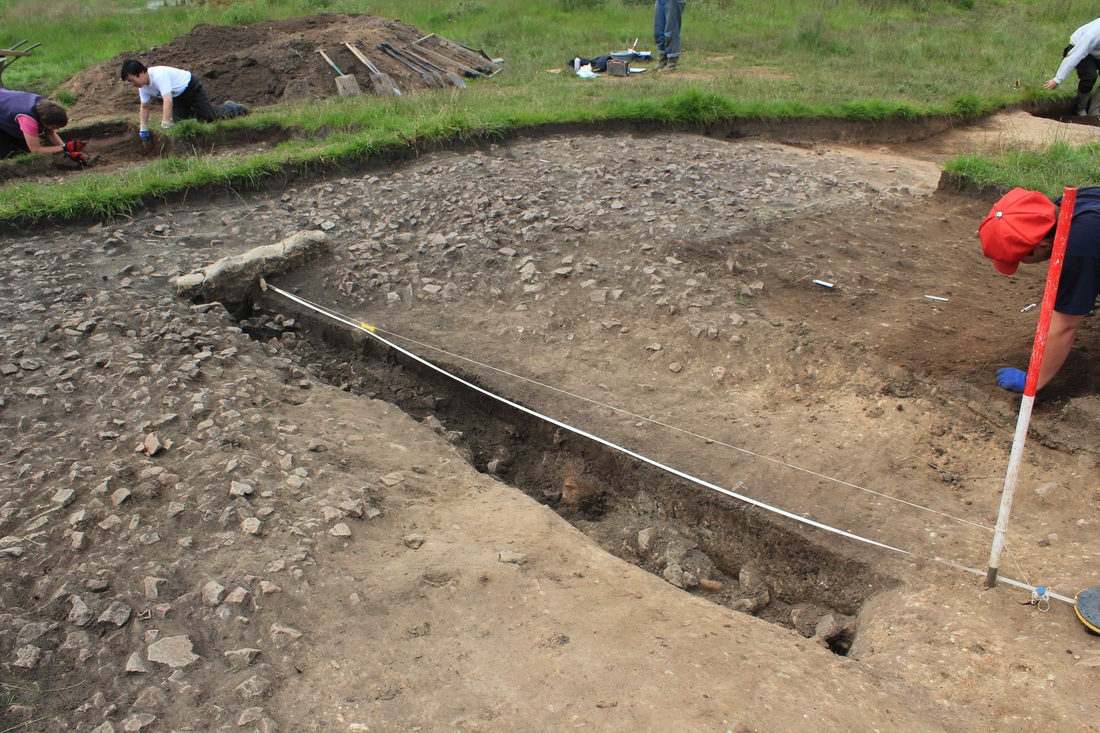
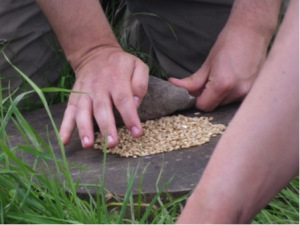
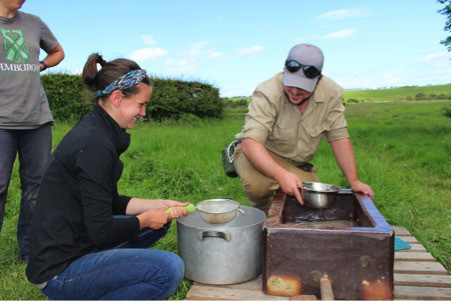









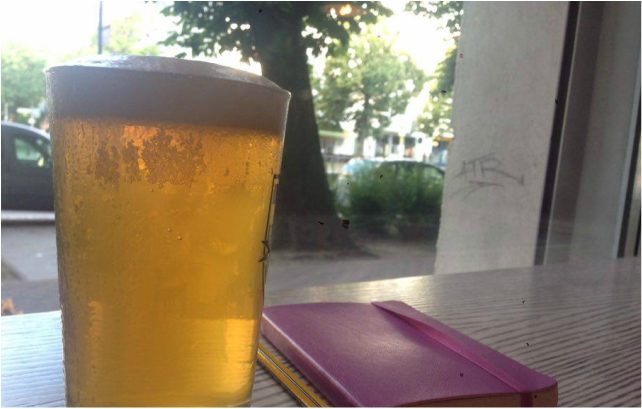

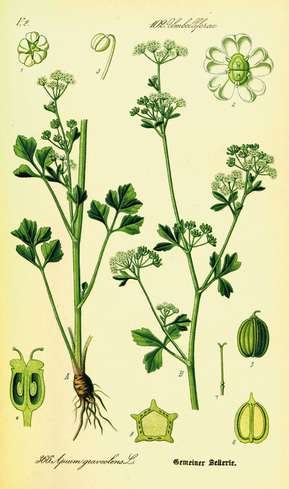


 RSS Feed
RSS Feed
